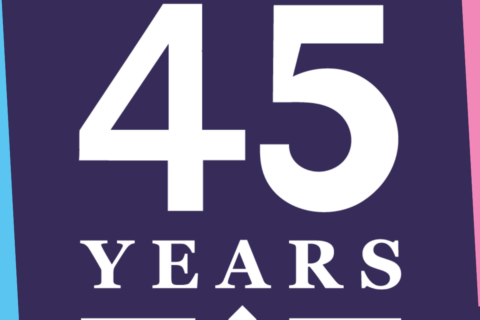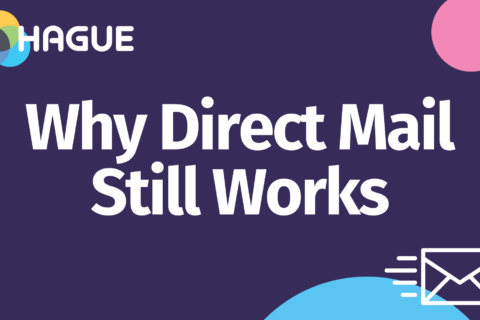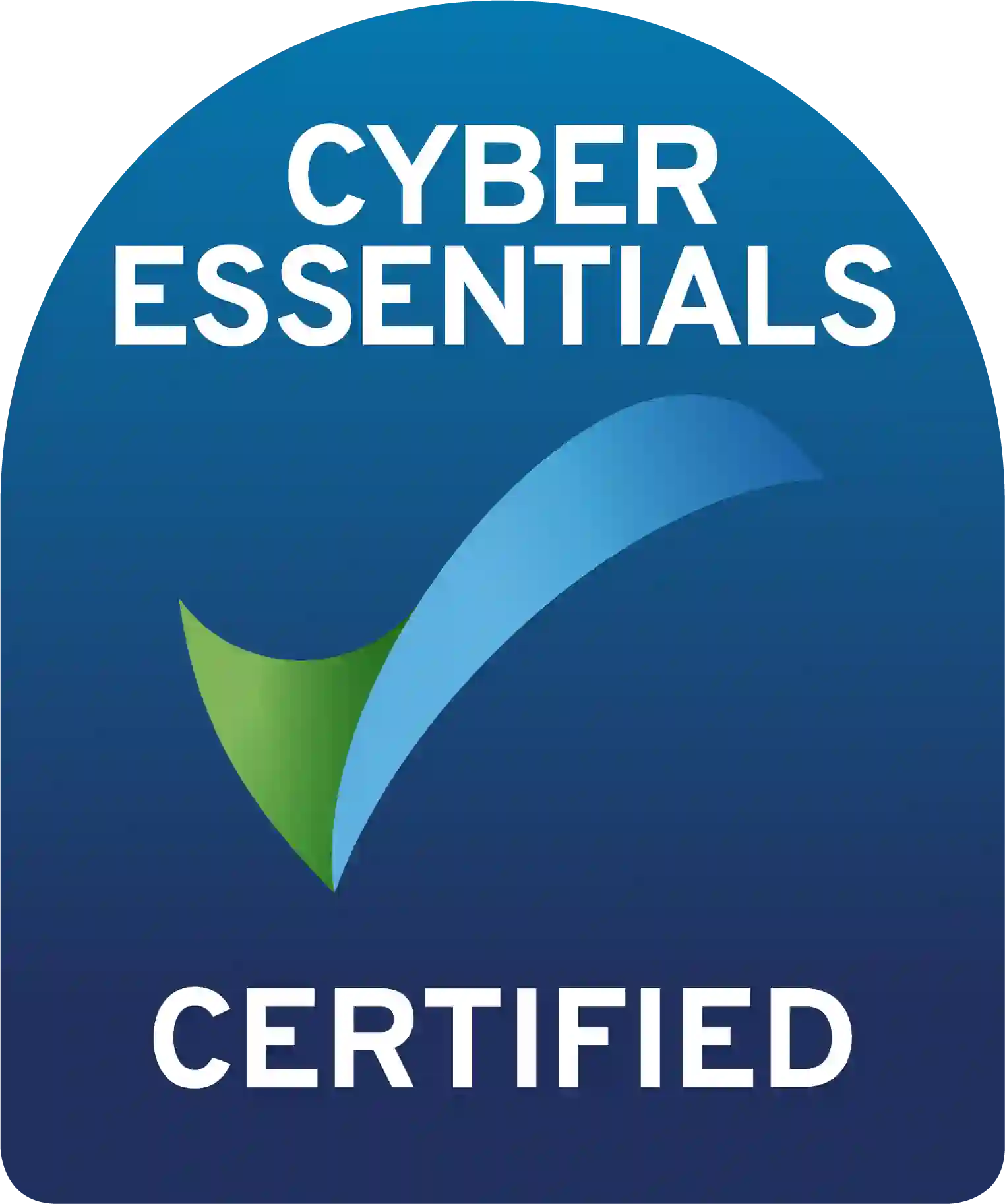The fool proof way to prevent cheque fraud

With more information readily available to fraudsters than ever before, identity theft is at an all-time high. However, The Guardian reports that a former GCHQ employee has come up with a novel way to prevent fraud, including all applications for credit and cheque fraud.
For the last 13 years, 69-year-old Jamie Jamieson has been using his thumbprint to authenticate any credit applications. He has also cleverly added a note to his credit file stipulating that anytime his signature is required as proof of identification, it must be accompanied by his thumbprint. If the credit company receives an application that doesn’t include his thumbprint, or the print doesn’t match, it must be declined.
‘If modern technology isn’t working, why not use something as simple as this?’, asks Jamieson.
He points out that there are a number of benefits when it comes to using this simple technique. For example, the lender is at fault if his identity is used to fraudulently buy products or take out a loan, as they should not have granted the credit to begin with. This means that all of the blame lies with the lender and they are responsible if someone steals Jamieson’s identity.
It is also easy to prove who a thumbprint belongs to, so if a fraudster were to use his or her own then it would be traceable. This acts as a deterrent, as a fraudster would be quickly put off providing their thumbprint if the request arose.
Jamieson was inspired to start using his thumbprint in 2004 after a scheme in Inverness asked people paying for goods with a card or check to provide their thumbprint. This was in the days before chip and pin technology came to most shops and restaurants, and so was designed to deter people falsely signing for goods or payments. It was remarkably successful and local police reported that it reduced cheque fraud by around 70%. However, the shift to chip and pin technology meant that the scheme was largely left behind.
To implement the system himself, Jamieson added a ‘notice of correction’ to his credit report. This is possible for anyone to do, and means that people can include a note that states a thumbprint is required on all credit applications. Jamieson did this himself and sent the notice to the main three credit reference agencies.
It does mean that genuine applications may take longer to process but this is a small price to pay when it deters fraudsters from stealing your identity.
At Hague, we are a leading authority on security printing solutions and cheque fraud prevention. Click here to fill in our online enquiry form and we’ll arrange a free consultation to talk to you about how we can protect you and your company from cheque fraud.
















